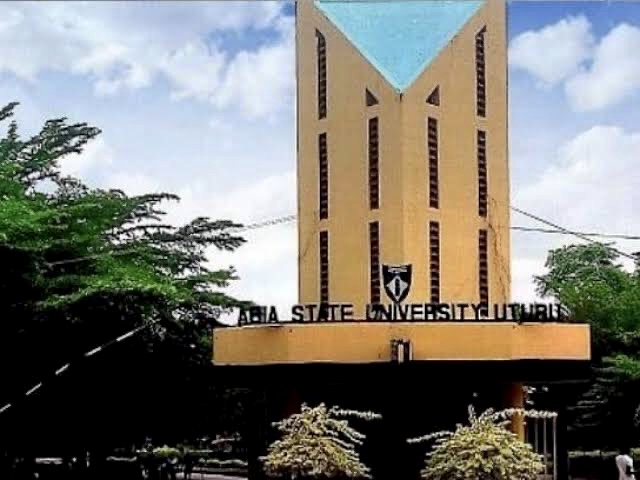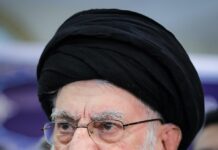Abia State University loses license to train doctors
Abia State University’s (ABSU) College of Medicine has lost its National Universities Commission (NUC) accreditation, to train medical doctors in the institution.
According to a source close to the institution’s provost, Prof. Stephen Onwere, the loss was caused by inadequate manpower and equipment in the medical school.
Medical schools in Nigeria have accreditations done by two bodies namely the Nigeria Universities Commission (NUC) and the Nigerian Medical and Dental Council (NMDC).
While NUC verifies academic content, lecturers, their qualifications, regularity and what they teach, past questions, scores and the marking schemes, classrooms and their equipment, the NMDC look at the manpower and the facilities of the teaching hospital etc.
The loss would endanger the studies of current medical students of the college.
It was gathered that June 2021, Nigerian Association of Resident Doctors (NARD) entered talks with Abia Gov. Okezie Ikpeazu to ensure payment of over 17 Months salary arrears owed workers of the Teaching hospital and its allied sections which later yielded no results.
Following the failure of the discussions, NARD then vowed to terminate the medical students’ training at ABSU over endless crisis between the government and workers.
The First Vice-President of NARD, Dr Aromo Adejo, during an interview cited various reasons for the association’s decision to resort to termination of medical training at the institution.
Adejo said that the hospital had been bedeviled with protracted crisis for years bothering on lack of payment of workers salaries and neglect of the institution by the Abia government.
He also said the association would communicate MDCN and the National Universities Commission (NUC) in a matter of days to stop the training of medical students in ABSU forthwith.
Adejo further said the move was to save the lives of Nigerians and ensure that the facility does not train half-baked medical doctors to attend to the Nigerian populace.
Following the rot in ABSU’s College of Medicine, and Teaching Hospital, MDCN, whose big stick is also overdue on the college and its allied sections, is withholding it because of the alleged influence of a respectable member of the organization who is an indigene of Abia, a source said.
When contacted to comment on the recent development, the Chief Medical Director of ABSUTH, Dr Shedrack Offiah, said that he had nothing to do with the college.
Dr Isaiah Abali, the Chairman, Nigerian Medical Association (NMA), ABSUTH Chapter, who spoke on the matter said the implication of the loss of accreditation meant that current medical students cannot graduate until the college successfully secured the accreditation process again.
Abali also explained that as a result of the loss, ABSU cannot list its College of Medicine in Joint Admission and Matriculation Board (JAMB) exams or enroll new students until the problem is fixed.
“I have not heard it officially from the authorities. But given that it is true, the loss of accreditation of any medical school portends danger for any medical school especially for the students that enrolled in that medical school.
“The implication is that such students cannot graduate until the accreditation is restored and in the same way, the school cannot admit new students to that department which lost its accreditation.
“So if they don’t work to restore the accreditation very fast, the students enrolled there may end up spending 10 to 15 years or more in the medical school waiting for the accreditation to be restored. That is the major challenge
“We pray that they try as much as possible and ensure the restoration of the lost accreditation.”, he said.
Abali said that even with the prolonged strike of the workers, the school should have soft-pedaled its training, adding that if they failed to fix the problem but went ahead to produce medical doctors in the facility, such doctors would be proficient.
The NMA chapter chairman said that the medical doctors in ABSU had been fighting to get the required attention and action of Abia government to avert incidences like the recent loss of the college’s accreditation which would have a negative impact on students, lecturers, parents and other stakeholders.







